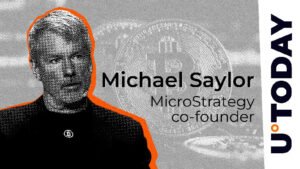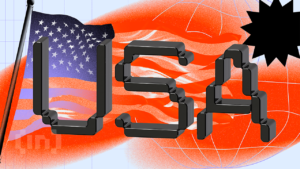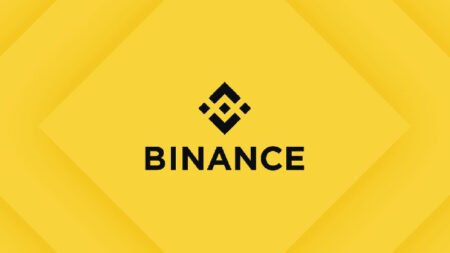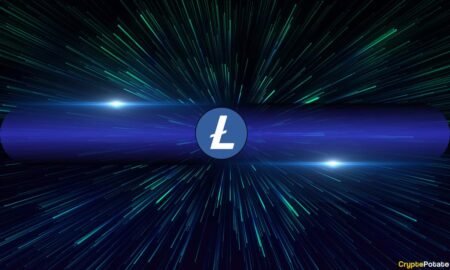Hyperliquid has denied allegations of being hacked by North Korea’s Lazarus Group, despite evidence of large-scale fund withdrawals from the platform. On-chain data shows that North Korea-linked wallet addresses deposited and withdrew substantial amounts of ETH on December 23. Security expert Taylor Monahan from Metamask warned of vulnerabilities in Hyperliquid’s system, emphasizing the seriousness of the situation.
The decentralized exchange officially responded to the rumors via Discord, stating that no exploit had occurred and all user funds were secure. Hyperliquid’s HYPE token was already falling in value before the alleged hack, prompting damage control measures. However, the exchange has yet to publicly address the accusations or provide explanations for the suspicious activity on its platform.
While the deposits and withdrawals from Lazarus-linked accounts may not be concrete evidence of an exploit, they raise concerns about the security of Hyperliquid. Monahan stressed the importance of taking threats from the notorious Lazarus Group seriously, especially given their history of massive crypto hacks. The US government believes that Lazarus stole nearly $900 million and North Korean hackers have been behind major hacks in 2024.
Monahan expressed concern that Hyperliquid is at increased risk due to its association with threat actors familiar with the platform. He highlighted the sophisticated and persistent nature of North Korean threat groups, pointing out potential security vulnerabilities at the exchange. With only 4 validators running the same code and the possibility of high-level bypass access, Hyperliquid may be at risk of a major hack.
The exchange’s lack of public statements and its evasive attitude towards the accusations could indicate a potential security breach. Monahan warned that if founders, executives, and engineers use the same devices to access systems, a single malware link could compromise the entire operation. North Korean hackers are known for their lateral movement strategy, using multiple access points to navigate through networks and execute attacks.
In conclusion, the allegations of a hack involving North Korea’s Lazarus Group have put Hyperliquid under scrutiny. The exchange’s response to the situation, or lack thereof, raises questions about its security measures and vulnerability to cyber threats. As the crypto industry continues to face challenges from sophisticated threat actors, it is essential for platforms like Hyperliquid to prioritize security and take proactive measures to protect user funds and data.



















